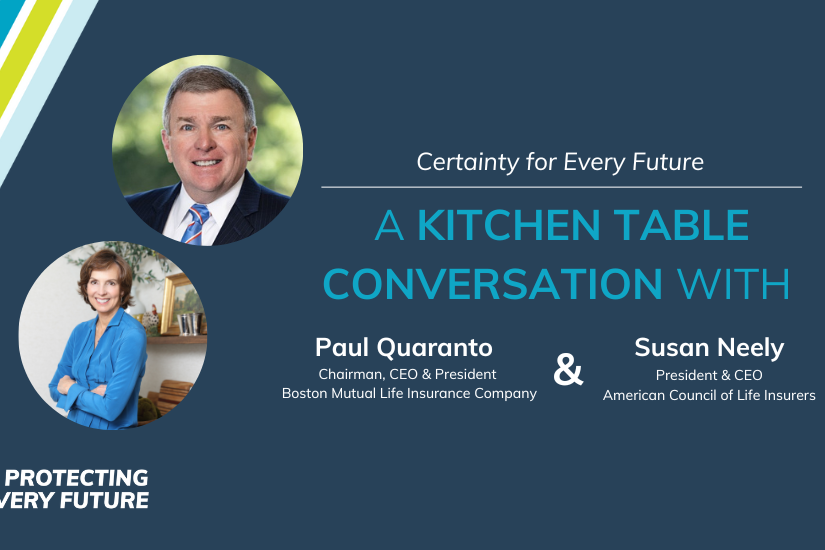Is Change Always Good?

Change is good, right?
That’s certainly the conventional wisdom. And it’s often true.
Consider Major League Baseball with the 119th World Series starting this Friday. Before the season began in March, MLB changed several of its rules in an attempt to make games shorter and more entertaining.
It worked. Batting averages and scoring went up, games were 24 minutes quicker, and attendance rose more than 9 percent, the biggest one-year increase in 30 years.
If only all changes were as beneficial.
In 2016, the U.S. Department of Labor (DOL) changed the rules for retirement savers by mandating a strict fiduciary-only regulation. This change made it harder for millions of Americans to achieve financial security.
Fortunately, the 5th U.S. Circuit Court of Appeals vacated that ill-advised regulation in 2018. But in the short time the regulation was in effect, it had a ruinous impact on the people it was supposedly designed to help.
A Quantria Strategies study revealed that more than half of financial institutions either reduced or eliminated access to brokerage advice for smaller retirement accounts. That same study projected that if a fiduciary-only approach were to be reinstated, it would reduce the accumulated retirement savings of 2.7 million individuals with incomes below $100,000 by approximately $140 billion over 10 years.
The DOL recently sent a proposed regulation titled “Retirement Security” to the Office of Management and Budget for review. If the new DOL proposal contains changes like the earlier version, low- and middle-income Americans will once again lose access to invaluable information that can help them secure their retirement.
In baseball terms, this would be like making a batter step up to the plate wearing a blindfold and holding a Wiffle Ball bat.
Is change good? When it will help people, absolutely. But when it would hurt people, absolutely not.
The federal government should not change its regulations and restrict the ability of working Americans to save and secure lifetime income through retirement.





